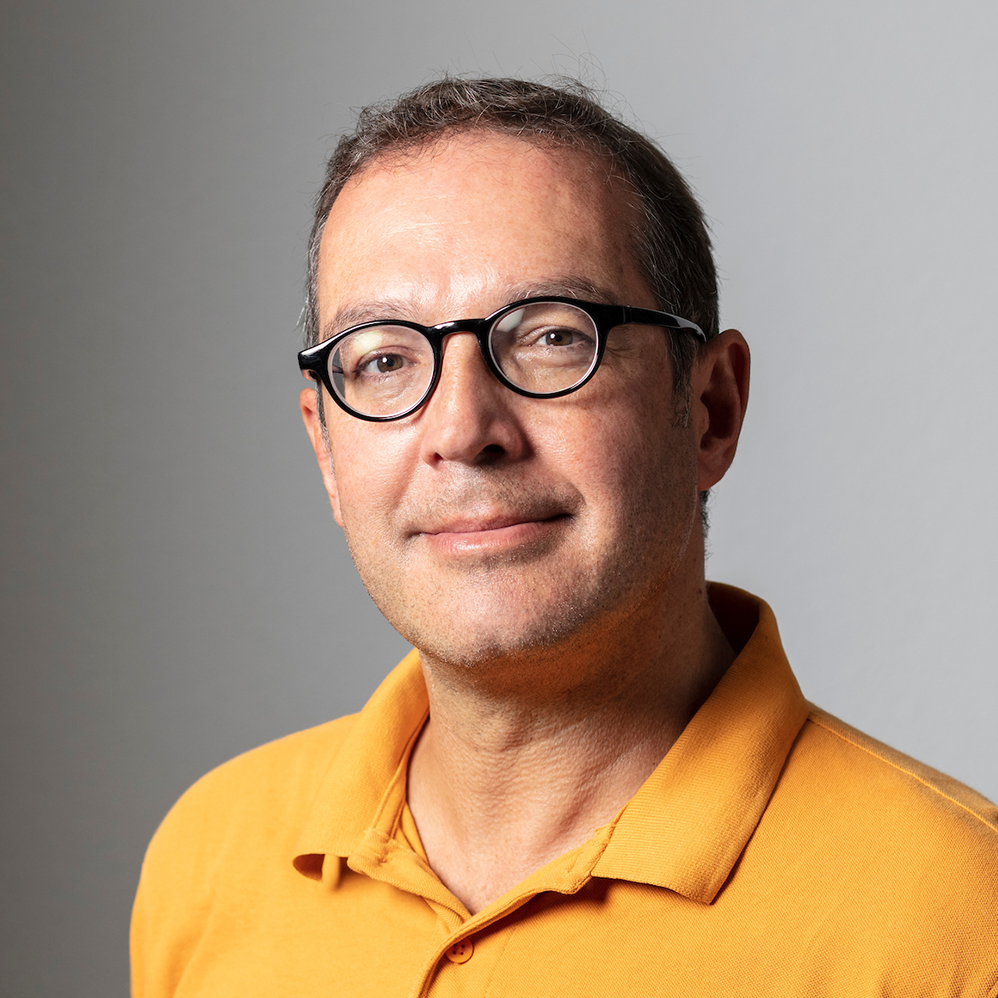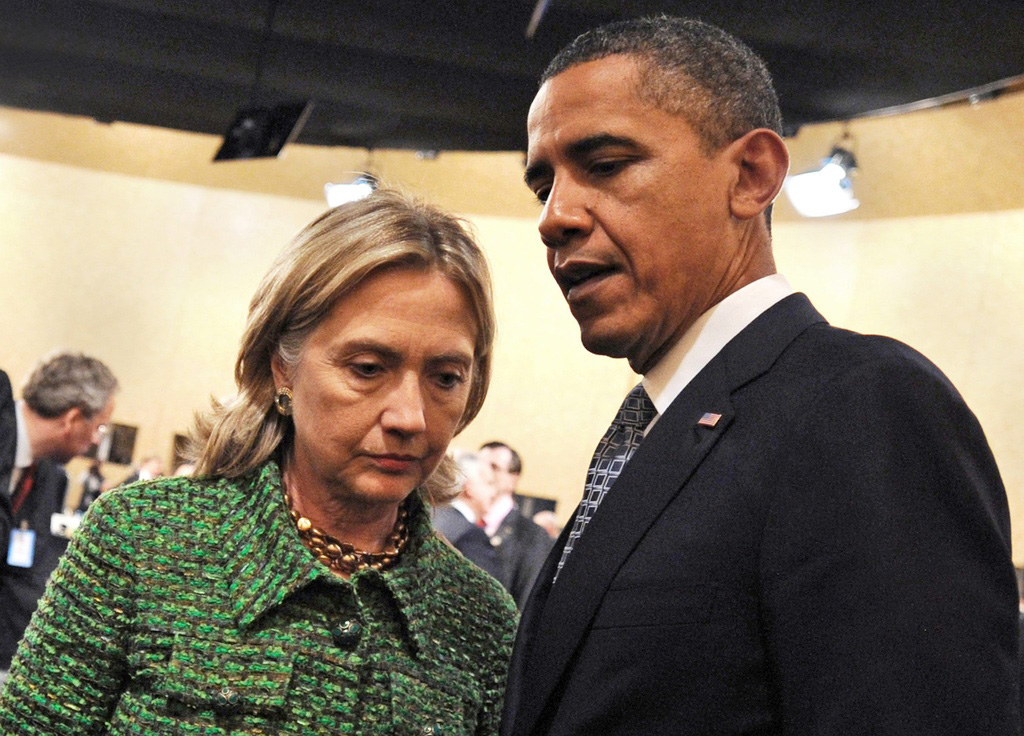“Society needs whistle-blowers”

Rudolf Elmer, a Swiss whistle-blower, talks to swissinfo.ch about Wikileaks and the role of such organisations “in a media-manipulated world”.
Elmer, 55, ran the Caribbean operations of Swiss private bank Julius Bär for eight years until he was dismissed in 2002. He then moved to Mauritius and began sending global tax authorities what he said were the secrets of his former employer.
Wikileaks eventually published documents exposing allegedly illegal activities by Julius Bär clients in the Cayman Islands (see box).
Julius Bär did not want to comment.
swissinfo.ch: Julius Bär fired you in 2002, which is when your dispute began. Why did you decide to give documents to Wikileaks?
Rudolf Elmer: I initially tried to fight offshore abuses myself, but that didn’t get anywhere. I then tried with the federal tax administration in Bern – but again in vain, because the tax administration couldn’t or wouldn’t protect me.
After that, I went to the cantonal tax administration. Again without success. The cantonal prosecutor in Zurich didn’t exactly help, since the Zurich tax appeal commission refused to let the federal tax administration look at the confiscated data.
The abuse was protected by every authority and I realised that this was a massive social problem: “Earning money through capitalism justifies criminal deeds.” For that reason I looked for a way to make it public and found Wikileaks.
Swiss newspapers and also Swiss television portrayed me as a mentally ill data thief bent on revenge and didn’t address my arguments or evidence. “Wilful blindness” is what they’d say in English. But Wikileaks took up my cause and published my first whistle-blower letter.
Julius Bär filed a complaint in California and tried to get Wikileaks shut down. As a result, Wikileaks and my case became world famous!
swissinfo.ch: How did you make contact with Wikileaks?
R.E.: We built up contact over encrypted software and I received instructions on how to proceed. My complaint to the European Court of Justice and my whistle-blower letter were both translated into English by Wikileaks lawyers and [editor-in-chief] Julian Assange.
swissinfo.ch: Did you meet Julian Assange?
R.E.: I don’t want to comment on that, since how Wikileaks works is meant to remain secret – also to protect them. Personal contact with Wikileaks staff took place.
swissinfo.ch: Do they check everything?
R.E.: I can only talk about the Julius Bär case. One thing that’s certain is that with Julius Bär, genuine and forged documents were published – the latter probably to spread disinformation since Julius Bär couldn’t shut down Wikileaks. Uploading fake data was the only way to question the credibility of the information on Wikileaks.
Unfortunately this also shows that Wikileaks didn’t check the data professionally. This is a general weakness of Wikileaks. That said, one should as a matter of principle question all information, including that found in the media.
swissinfo.ch: Wikileaks whistle-blowers are usually anonymous. Why was it different with you?
R.E.: I wasn’t looking for anonymity. I signed the first whistle-blower letter to emphasise the credibility but also to show my civil disobedience. It is my conviction that my name is important. People then got in touch with me and I received additional information from other bank clients and further data.
Also, I can now show how Swiss and international legal and fiscal authorities dealt with the data, which in practice was as follows: the Swiss authorities didn’t take up the data, although it concerned abuse within Switzerland; foreign authorities on the other hand launched successful criminal and retroactive taxation procedures and received several million dollars in evaded taxes. The matter is still not yet over.
swissinfo.ch: Are whistle-blowers important for democracy – or are they a danger?
R.E.: Society today needs whistle-blowers because there is virtually no other way of stopping abuses. Lobby groups for the finance industry are too powerful and do what they want. The same goes for multinationals and even judicial systems. Whistle-blowing is the only thing that can make the public more aware of abuses.
On the other hand, whistle-blowers are powerful as well and can abuse their position – and then they became a danger. The publishing by Wikileaks of names of informers and military personnel in Afghanistan could potentially result in retribution against third parties. We’re talking life or death for informers, soldiers and even civilians. I condemn the disclosure of these names and I hope Wikileaks abandons this practice.
I also think it’s dangerous when one person – in this case Julian Assange – embodies so much power and uses it for his personal ends. I hope he returns Wikileaks to what it was 12 months ago: a whistle-blower website that regularly publishes abuses in diverse areas. That is what society needs in our media-manipulated world.
swissinfo.ch: What do you make of the latest revelations?
R.E.: Trust between both people and states has definitely been badly damaged. It’s also certain that an unbelievable mistrust has arisen towards the United States and especially among diplomats. Heads will definitely roll and important tasks will be postponed for a long time.
It’s not clear however what use the entire disclosure serves for society. This is where I have doubts, because it can’t be the case that world politics is carried out at the level of the tabloid press. I also can’t believe that the bulk of global diplomacy goes on at this level. For this reason I am convinced that the harm caused by the latest Wikileaks release is greater than the benefit to society.
I can imagine it could also be revenge in response to the smear campaign against Julian Assange. I hope Wikileaks doesn’t go under because it is the only internationally recognised instrument that effectively protects the identity of whistle-blowers. We’re talking here above all of whistle-blowers in oppressed countries such as China, North Korea, Iran, Iraq and so on – these whistle-blowers need anonymity to survive. This is why it’s important that Wikileaks continues to exist.
In March 2008, Julius Bär dropped a lawsuit against the whistleblower website Wikileaks after its legal action against the organisation quickly turned into a public debacle.
The previous month, the Zurich-based bank succeeded in shutting down the website’s operations in the US. Wikileaks had posted documents allegedly exposing illegal activities by Julius Bär customers in the Cayman Islands.
The private bank claimed its documents were stolen and supplied to the site by Elmer, a former employee.
In early February filings, lawyers said they were seeking to stop what they described as “unlawful dissemination of stolen bank records and personal account information of its customers”.
But the bank was soon forced to deny critics’ charges that it was undermining free speech. In a motion of voluntary dismissal filed on March 5, 2008, Julius Bär did not elaborate on why it had dropped its lawsuit – and it reserved the right to re-file at some point in the future.
Elmer has a court hearing planned in Zurich for January 19, 2011.
Elmer joins a group of whistle-blowers that includes Christoph Meili and Bradley Birkenfeld.
Christoph Meili was a Swiss security guard who saved Holocaust-era bank documents from the shredder at UBS bank in 1997.
Meili, who was then working for an outside security firm, gave the documents he saved to a Jewish organisation. The disclosure led to the Zurich authorities opening a judicial investigation against Meili on suspicion of violating banking secrecy.
Bradley Birkenfeld, a former UBS private banker who disclosed the bank’s secrets, has been in jail in the United States since January 8. He is sitting out a 40-month sentence for conspiracy to defraud.
Birkenfeld cooperated with a US investigation into wealthy Americans who used Swiss bank accounts to evade federal taxes.
(Adapted from German by Thomas Stephens)

In compliance with the JTI standards
More: SWI swissinfo.ch certified by the Journalism Trust Initiative













You can find an overview of ongoing debates with our journalists here . Please join us!
If you want to start a conversation about a topic raised in this article or want to report factual errors, email us at english@swissinfo.ch.